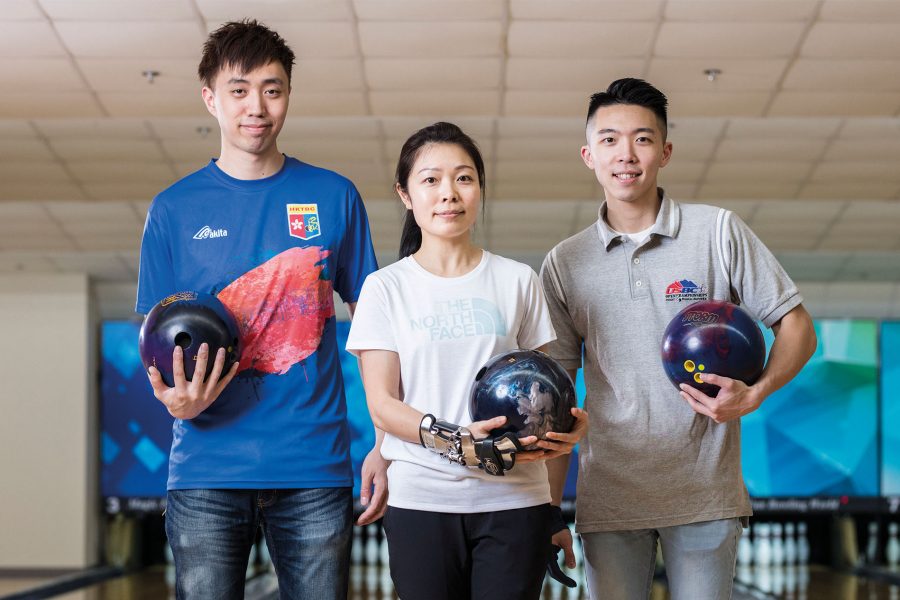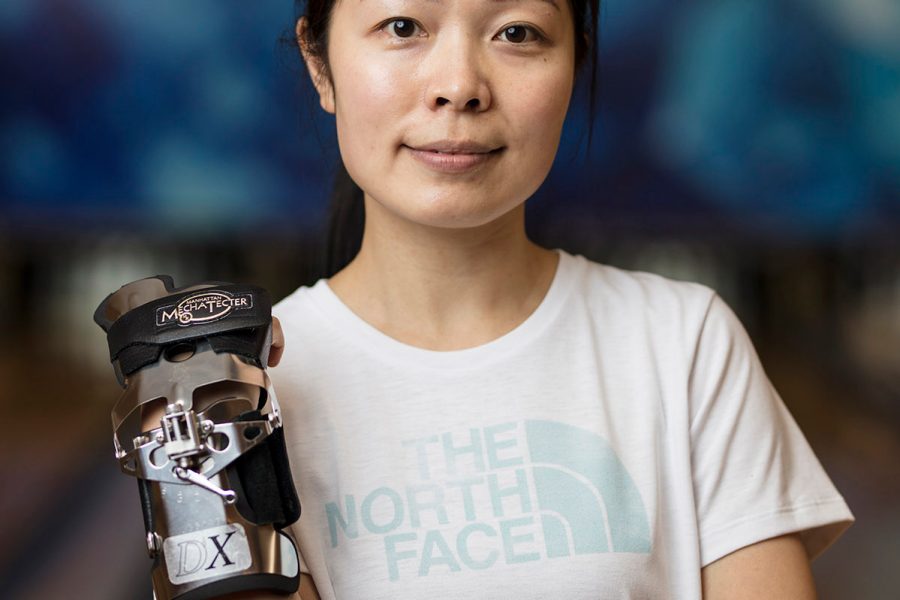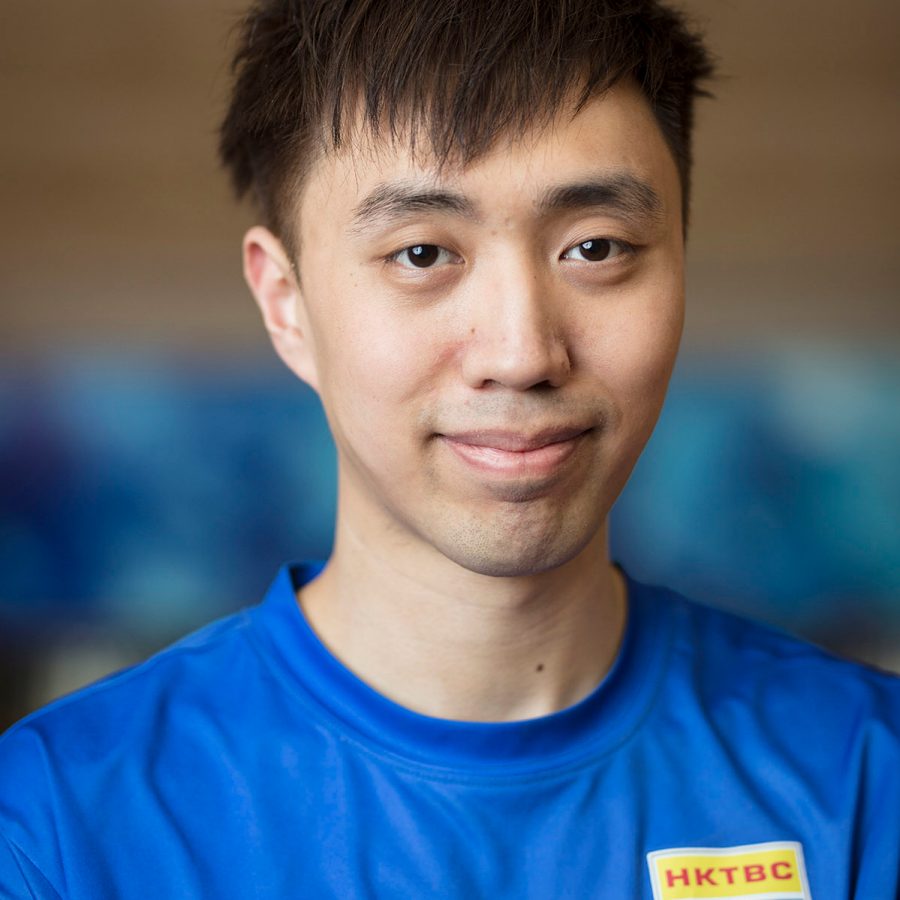Meet Hong Kong's bowlers

If you think ten-pin bowling is a repetitive sport, you’d be mistaken – just ask the players. ‘I like the game for its unpredictability, with the lanes’ conditions based on oil patterns being the major variable,’ says Ivan Lo, a fixture in Hong Kong’s bowling leagues. ‘You need to hone your observation and analytical skills to master it. It’s a psychological game. Brute force won’t get you anywhere.’
Bowling has declined in popularity in the past few decades – it requires specific facilities and expensive equipment, while not having the prestige of being an Olympic event – but it’s doing well in Hong Kong, with players promoting the sport and organising inter-school games.

Credit: Mike Pickles

Credit: Mike Pickles

Credit: Mike Pickles
Vannese Tang competes occasionally, but she’s mainly a coach now. She teaches small children and secondary students, while also leading the Hong Kong team at the Asian Para Games. Tang points out that bowling is easy to pick up, making it accessible to most. ‘All you need to do is walk into a bowling alley,’ she says. ‘If you show some eagerness, other players will be happy to instruct you on your form and ball selection. It’s a great social sport; it requires a group of players after all. Everyone wants to win, but then afterwards we go out together for food.’
But bowling has plenty of politics. ‘Some people get boastful if they think they’re good, and some just play it all wrong,’ says Lo. ‘That will get you a bad reputation. There’s actually a lot of etiquette in bowling.’
Michael Mak, who represents Hong Kong at international competitions, decided to become a professional bowler at age 16. At last year’s World Bowling Championships in the US, he and his team took home gold – a first for Hong Kong. Mak’s team is optimistic about their chances at the forthcoming Asian Games, but they’re also hopeful about the sport’s future. ‘I believe bowling will flourish in Hong Kong,’ he says. ‘For instance, we’ve seen more charity events incorporate bowling, raising the sport’s profile. This is important for its development.’
Hero image: Mike Pickles
More inspiration
Hong Kong travel information
- China – the Chinese Mainland, Hong Kong SAR, Macao SAR and Taiwan Region
- Hong Kong SAR - English
- Chinese Mainland (China) - English
- Taiwan, China - English
- 香港特別行政區 - 繁體中文
- 中国內地 - 简体中文
- 中國台灣 - 繁體中文
- Africa
- South Africa - English
- Asia
- Bangladesh - English
- Korea - English
- Singapore - English
- Cambodia - English
- 한국 - 한국어
- Sri Lanka - English
- India - English
- Malaysia - English
- Thailand - English
- Indonesia - English
- Maldives - English
- ประเทศไทย - ภาษาไทย
- Indonesia - Bahasa Indonesia
- Myanmar - English
- Vietnam - English
- Japan - English
- Nepal - English
- Việt Nam - tiếng Việt
- 日本 - 日本語
- Philippines - English
- Australasia
- Australia - English
- New Zealand - English